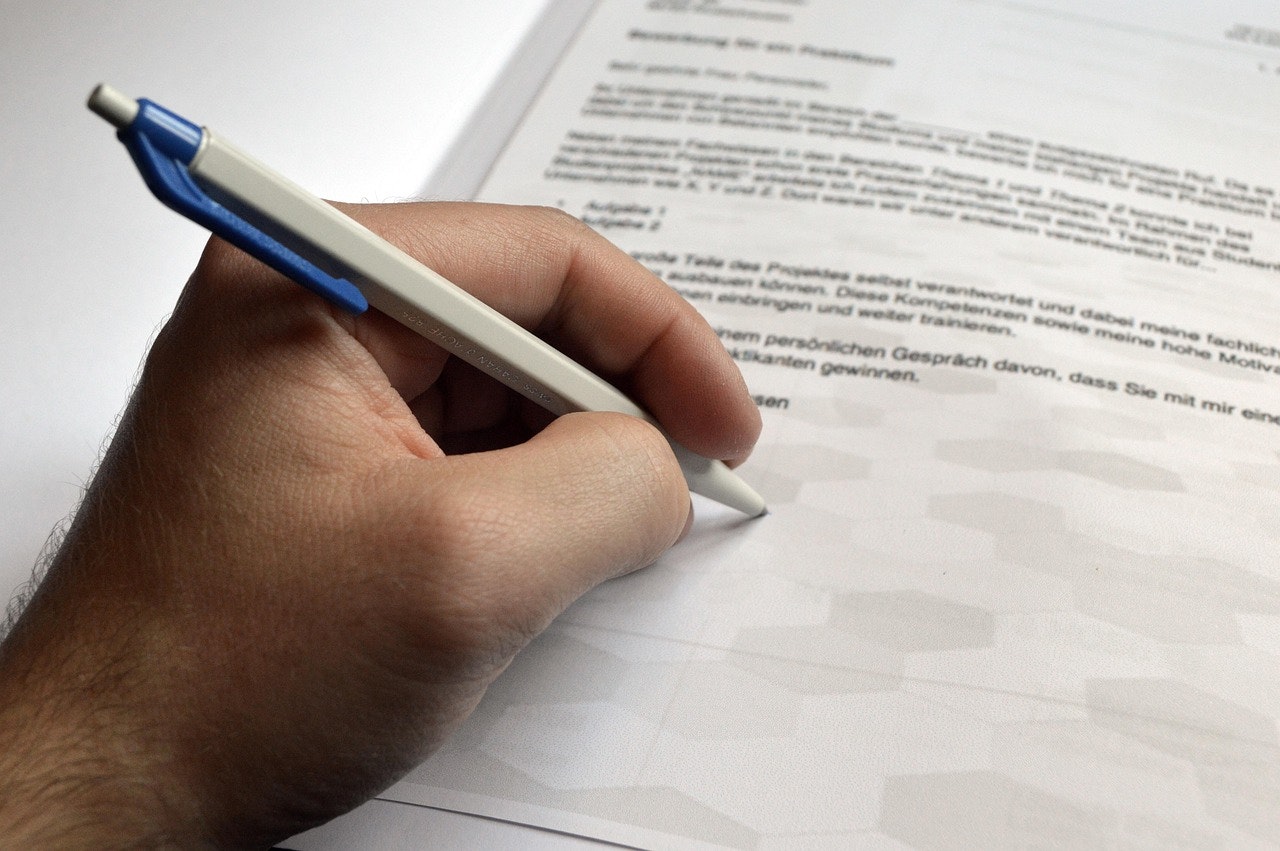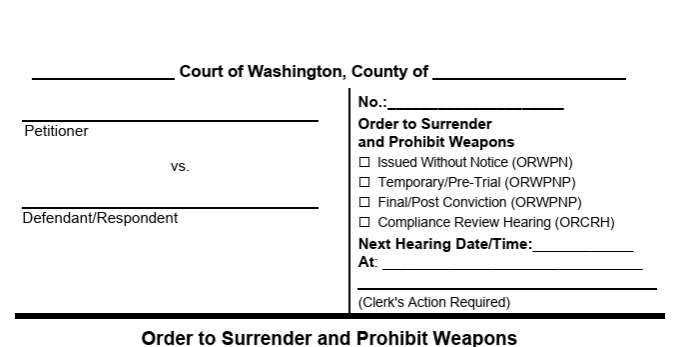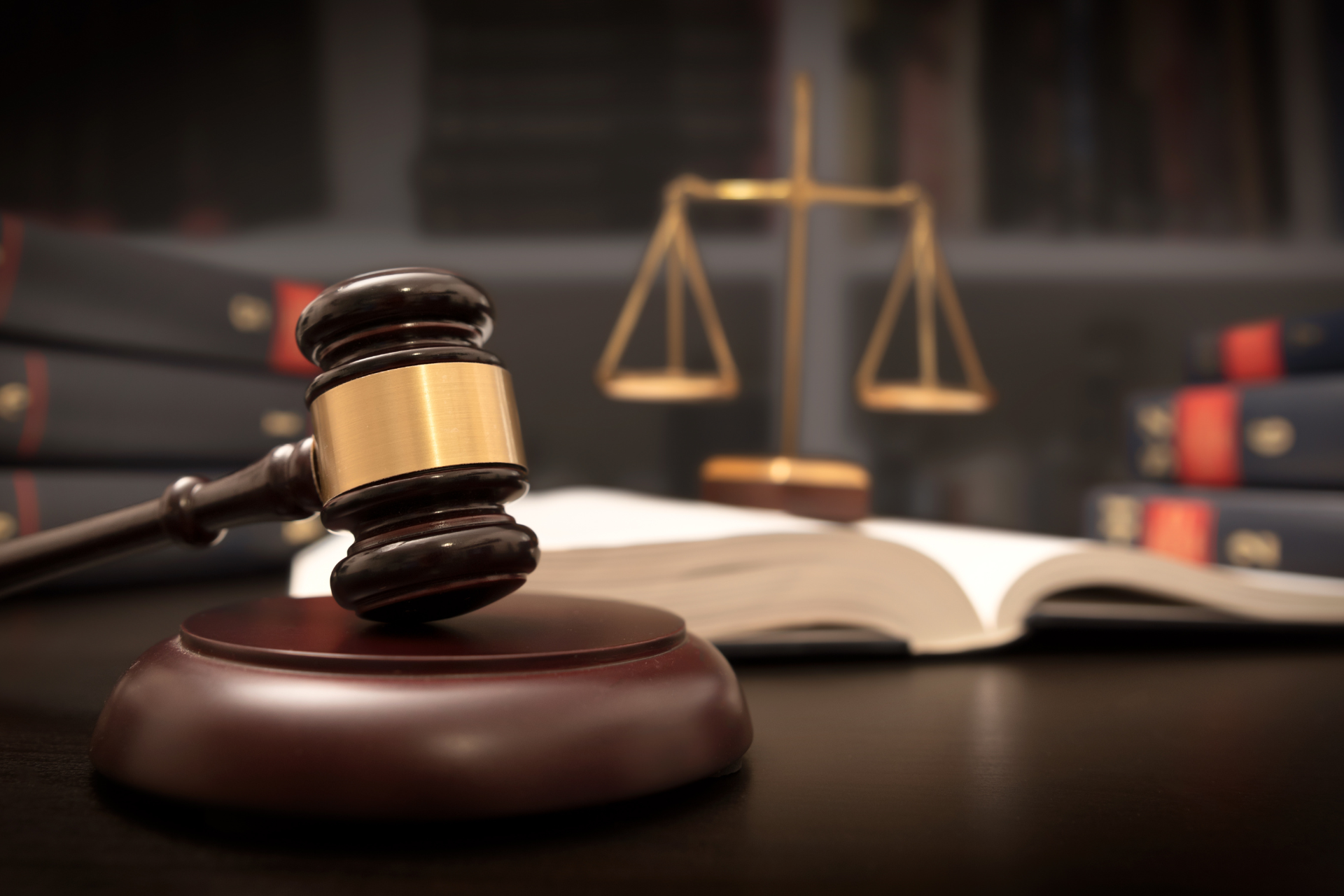Mar 13 2025 21:18
Navigating the General Stages of Criminal Litigation
Navigating the criminal justice system can be overwhelming, especially if it's unfamiliar territory. Understanding the stages involved in a criminal case can provide clarity and peace of mind in these challenging situations. By learning about these critical steps, you can feel more confident and prepared. Understanding the stages involved in a criminal case can be incredibly valuable, and I hope this information provides you with clarity and confidence should the situation ever arise.
Arrest
The criminal process often begins with an arrest. This can happen if police respond to an incident, during a traffic stop, or following an investigation. In some situations, an arrest warrant is required. It's crucial to remain calm during this process and know your rights.
Arraignment
The arraignment is the defendant's first court appearance. Here, the charges are formally read, and the defendant can enter a plea of guilty, not guilty, or no contest. Future court dates are also scheduled at this time. It's an important stage where legal representation can start making a significant impact.
Bail
After an arrest, bail may be set, allowing the defendant to be released from custody if they can pay the amount determined by the judge. The decision is based on factors like the seriousness of the crime and whether the defendant is likely to return for future court proceedings. Some individuals may be released on their own recognizance without paying bail.
Indictment or Information
Charges may be brought through an "information" or "complaint" by the prosecutor, or through a grand jury indictment. In federal cases, an indictment is mandatory. Preliminary hearings may be held to determine if there is enough probable cause to proceed.
Preliminary Hearings and Pre-Trial Motions
Before the trial begins, both sides prepare their cases, and potential plea negotiations may occur. Pre-trial motions may include motions to suppress evidence obtained in violation of the defendant's rights.
Trial
The trial phase allows the defendant to present their defense before a jury or a judge in a bench trial. The prosecution presents its case first, followed by the defense. After all evidence and arguments, the judge or jury deliberates to reach a verdict. If the jury cannot reach a decision, the case may be retried, depending on the jurisdiction.
Sentencing
If the defendant is found guilty, the court proceeds to sentencing, following legal guidelines that determine the range of possible punishments. A separate hearing may consider factors for a more lenient or harsher sentence.
Appeal
After a conviction, the defendant has the right to appeal, challenging the trial's outcome due to specific errors. The appellate court may affirm the verdict, reverse it, or remand the case for a new trial.
Understanding these stages can be immensely valuable. While the criminal process can be daunting, knowing what to expect at each step provides a sense of preparedness. If you or someone you know is facing criminal charges, seek legal advice or assistance to navigate the complexities of the case. Contact a legal professional or schedule a consultation to ensure you are fully prepared for the road ahead.

















